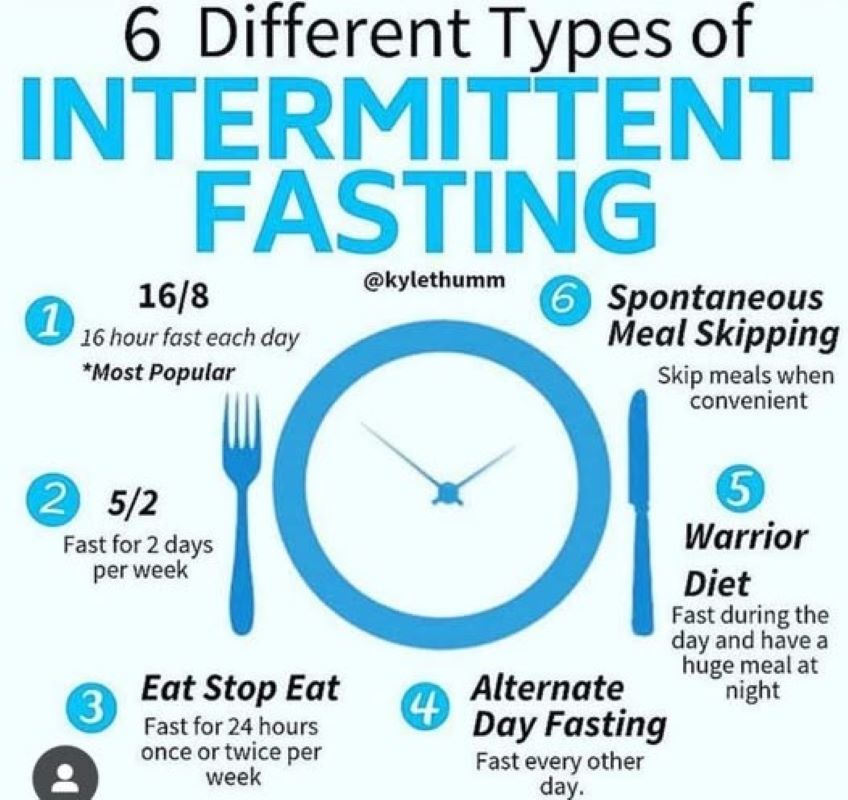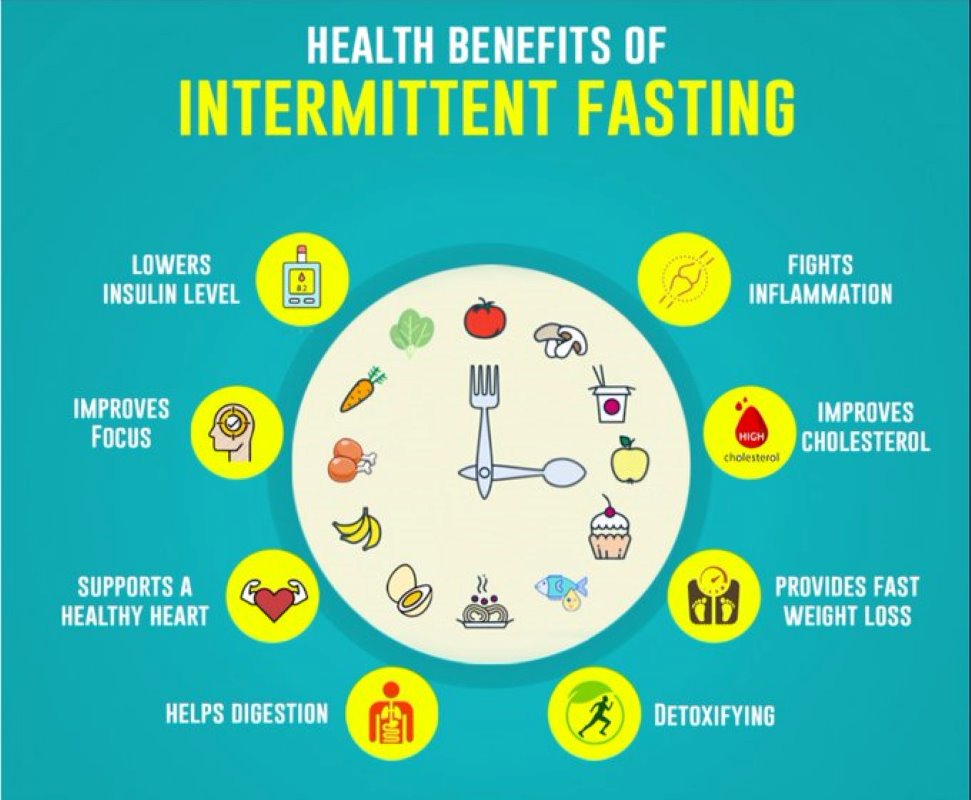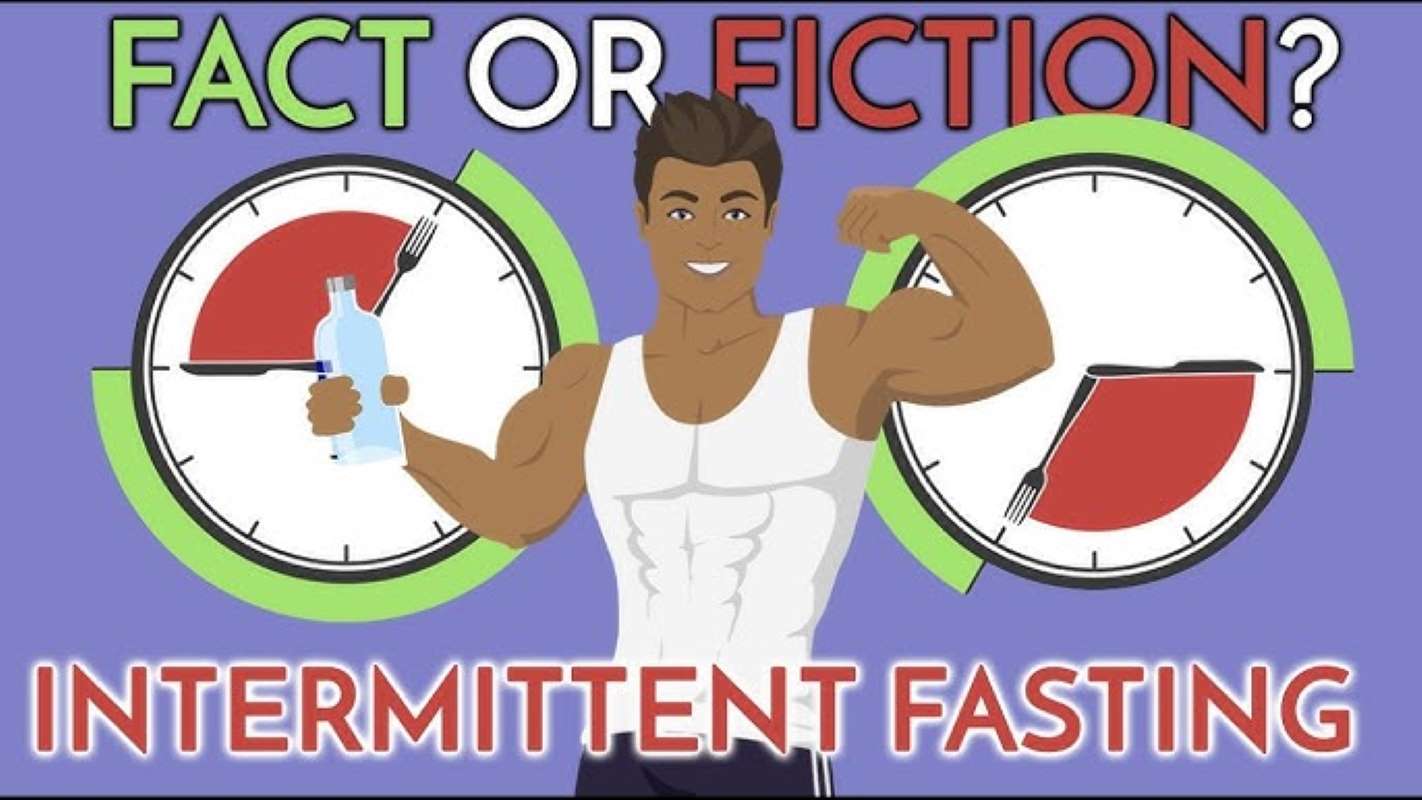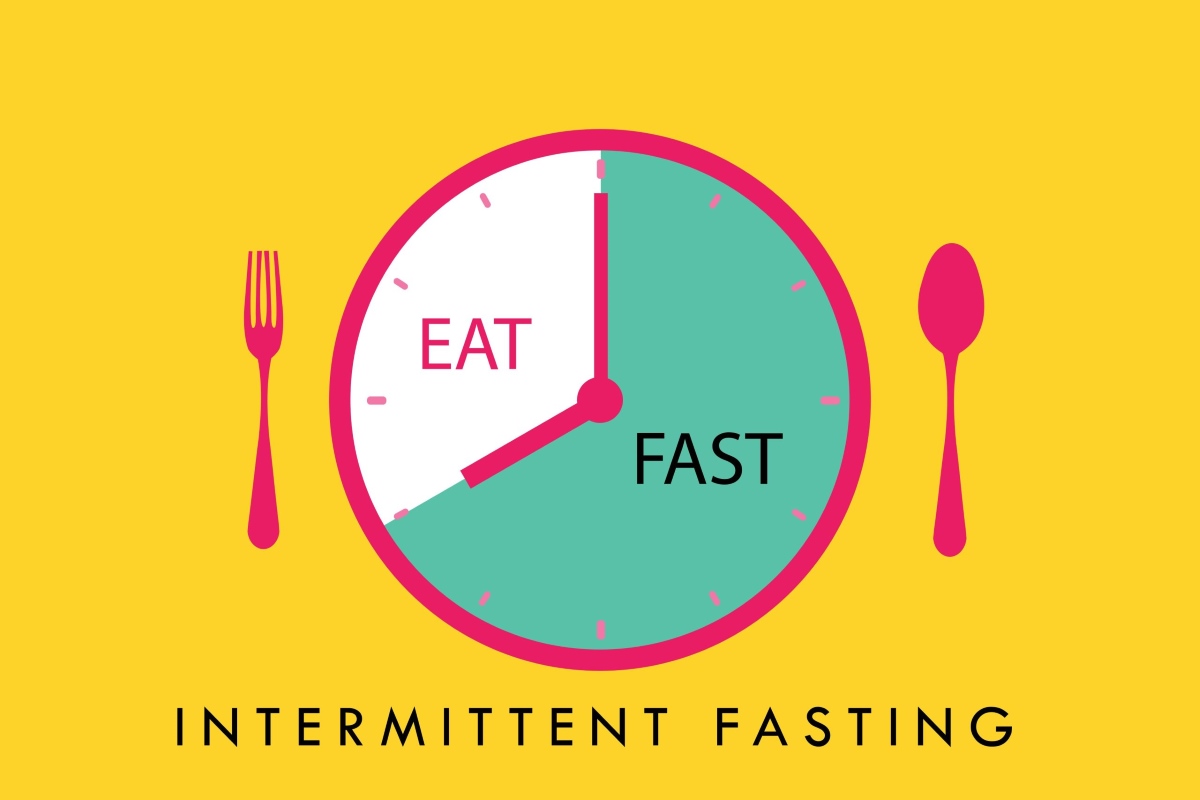Intermittent fasting benefits are probably a subject that influences your daily life choices, particularly if one of the following is true about you. One, you are a biohacking apologist and student of someone like Joe Dispenza, or two, you’re someone given to practices of an ancient religion. However, beyond the affirmations of sentiments and out-of-body experiences, what does science say about time-restricted eating?
Intermittent fasting involves observing a cycle of eating and fasting among health-conscious individuals. They space their meals in a way that makes it possible to purge the digestive system, while keeping nutritionally fit.
The goal of this article is to help you sort the myths from the realities of intermittent fasting methods. You’ll get to learn what science has to say about the practice and its pros and cons.
What Is Intermittent Fasting?
Intermittent fasting is an intentional abstinence from food, or time-restricted eating. It is a habitual practice that is gaining popularity among wellness enthusiasts for its acclaimed benefits. Intermittent fasting science is not regulated, leading to a myriad of variations in practices from one individual to another.
If you ever think it necessary to start an intermittent fasting regimen, it is essential to get your doctor’s clearance first. Professional clearance is necessary because intermittent fasting methods come in various shades. However, the four most common methods are:
- One meal a day (OMAD)
- Alternate-day fasting (ADF)
- 5:2
- 16/8
OMAD
The OMAD method involves skipping meals for 23 hours each day. So, in a chosen one-hour window, you get to ingest all your caloric requirements for the day. There are historical claims that ancient Roman soldiers followed this regimen, eating what they called dinner (their only meal for the day) around noon.
ADF
ADF involves eating every other day. Adherents eat to their fill, as many calories as required, on one day, and stay away from meals or take only 25% of their daily caloric requirement the following day.
5:2
The 5:2 intermittent fasting method requires adherents to eat normally on any five days of the week. The remaining two days will involve limiting your intake to a single meal of between 500 and 600 calories. That figure is inconsequential to your standard daily caloric requirement.
16/8
The 16/8 technique allows an 8-hour window to ingest all your daily caloric requirements. The choice of where the 8-hour gap will fill in each day is the adherent’s choice. However, the choice should be consistent to obtain maximal intermittent fasting benefits.
The interesting thing about all these intermittent fasting methods is that you can indulge in water or non-caloric beverages, like black coffee or tea, during the fasting periods.

While the methods and durations may vary, fasting research suggests that intermittent fasting is more particular about the duration between meals than on what you eat or its nutritional soundness.
There’s a major difference between intermittent fasting and calorie restriction. For more context, calorie restrictions emphasise what you eat and the traceability of its caloric footprint. According to Richard Joseph, a contributor to Harvard Health, consistent practice of intermittent fasting can aid weight management. Also, intermittent fasting and calorie restrictions have other specific benefits.
ALSO READ: Turning Bananas Into Vegan Bacon — The Surprising Science and Flavor Hack
Evidence-Based Benefits of Intermittent Fasting
There are several acclaimed benefits of fasting. Some even claim it has the key to oneness with divinity. But this piece is particularly about science-verified benefits.
Potential Longevity Benefits
A 2024 study by a team of Ukrainian and Canadian researchers discovered that intermittent fasting could help extend lifespan. However, the conclusion of the said research was not drawn from human specimens, but from rodent models. This study about the aging process found that time-restricted fasting triggers energy maximization. In effect, biological processes become more efficient, and aging gets slowed down.

Improved Metabolic Health
According to a team of American medical researchers, improved metabolism is one of many intermittent fasting benefits. The body gets to make the most of whatever energy it has. No nutrient surpluses are slushing around in your system for entities that sabotage overall wellness to exploit. For example, fat deposits reduce, your digestive system becomes more sensitive to insulin, cutting out the possibility of diabetes.
Cancerous growths also thrive on excessive presence of metabolites. So, when the body has just enough food, at timed intervals, inflammation and cancer-causing materials are reduced significantly.
Weight Management
You tend to put on weight when your body experiences a caloric surplus over time. What this means is that you’re consuming more nutritional resources than your body requires at a time. So, before long, the body starts storing away that excess as fat in various regions of your physiology.
Consequently, fasting health research has shown that intermittent fasting creates a calorie deficit in the body. The body finds that it has fewer calories than it needs, and before long starts canniblizing your belly fat and similar dispensable resources.
The Science Behind It
To demystify the intermittent fasting benefits highlighted earlier, it is necessary to unpack and explain the science behind them. For example, fasting health research has established that intermittent fasting affects insulin sensitivity, metabolism, and hormone regulation. The next hurdle is to explain what this means to the average John Doe.
Insulin is the major hormone that helps our body digest carbohydrates. When the secretion of this hormone becomes unregulated or its efficiency in digesting carbohydrates is impaired, disease conditions like diabetes set in. However, one of the many intermittent fasting benefits is that it makes the body sensitive to insulin, thus effectively regulating its secretion and utilization.

Also, research on the science of fasting reveals that the practice triggers a phenomenon called Autophagy in the body. Autophagy is our body’s way of embarking on cellular housekeeping. To further simplify, this phenomenon involves body cells cleaning out damaged components and recycling waste materials. Autophagy is one of the reasons why it is necessary to get enough sleep. When you hear or read that the body repairs itself during sleep, it does so partly through autophagy. However, this anti-aging phenomenon can also be induced by practicing intermittent fasting.
Potential Risks and Downsides
This piece would be doing you a disservice if, after listing multiple intermittent fasting benefits, it fails to highlight potential drawbacks. Here they are:
- Fasting research points out that intermittent fasting may result in nutrient deficiencies if done inappropriately. Again, consult your doctor or dietitian before starting.
- According to Healthline, intermittent fasting can make you touchy, lethargic and disorientated. So, if your job requires optimal concentration, avoid embarking on such a regimen or adopt a less strenuous method.

Due to the health effects of fasting, it has been scientifically established as inappropriate for some categories of people. For example, pregnant or breastfeeding women, children below 18 years, and individuals with medical conditions like eating disorders or type 1 diabetes.
ALSO READ: How Your Gut Microbiome Impacts Mental Health: The Brain in Your Belly
Cultural and Historical Context
Ancient cultures and diverse religions have a history of unique fasting practices that have trickled down through the veins of time. While fasting in ancient civilizations had cultural symbolism, it was also practiced for religious reasons in many cultures. Religions like Buddhism, Hinduism, Islam, Christianity, and Judaism have unique and sometimes overlapping fasting practices.
While health-conscious individuals key into the health benefits of skipping meals, different cultures and religions have a wide array of reasons. For example, practicing fasting as a show of compassion to the needy, for self-mastery, divine communication, penance and purification, or for spiritual discipline.

Modern science has validated many ancient beliefs about intermittent fasting benefits. Similarly, it has dispelled some myths about how far-reaching its impact can be, further refining knowledge about the specific physiological pathways that birth those benefits.
Before rounding off, it is important for you to realize that intermittent fasting is not the fount to the elixir of life. As this article has pointed out, it does have benefits, which should not be treated as magic wands. Indeed, there’s no one-size-fits-all approach to intermittent fasting. First, understand fasting pros and cons, and the technique that works best for you.
Like any dietary change, the best results come from balance, patience, and listening to your body.
ABOUT THE AUTHOR

Babatunde Olufemi is a food scientist, educator, and science-based food writer with academic and practical exposure to food processing, nutrition, food safety, and the global food industry. Through Quill of Grubs, he breaks down complex food science topics into clear, accessible explanations for everyday readers, students, and professionals.











